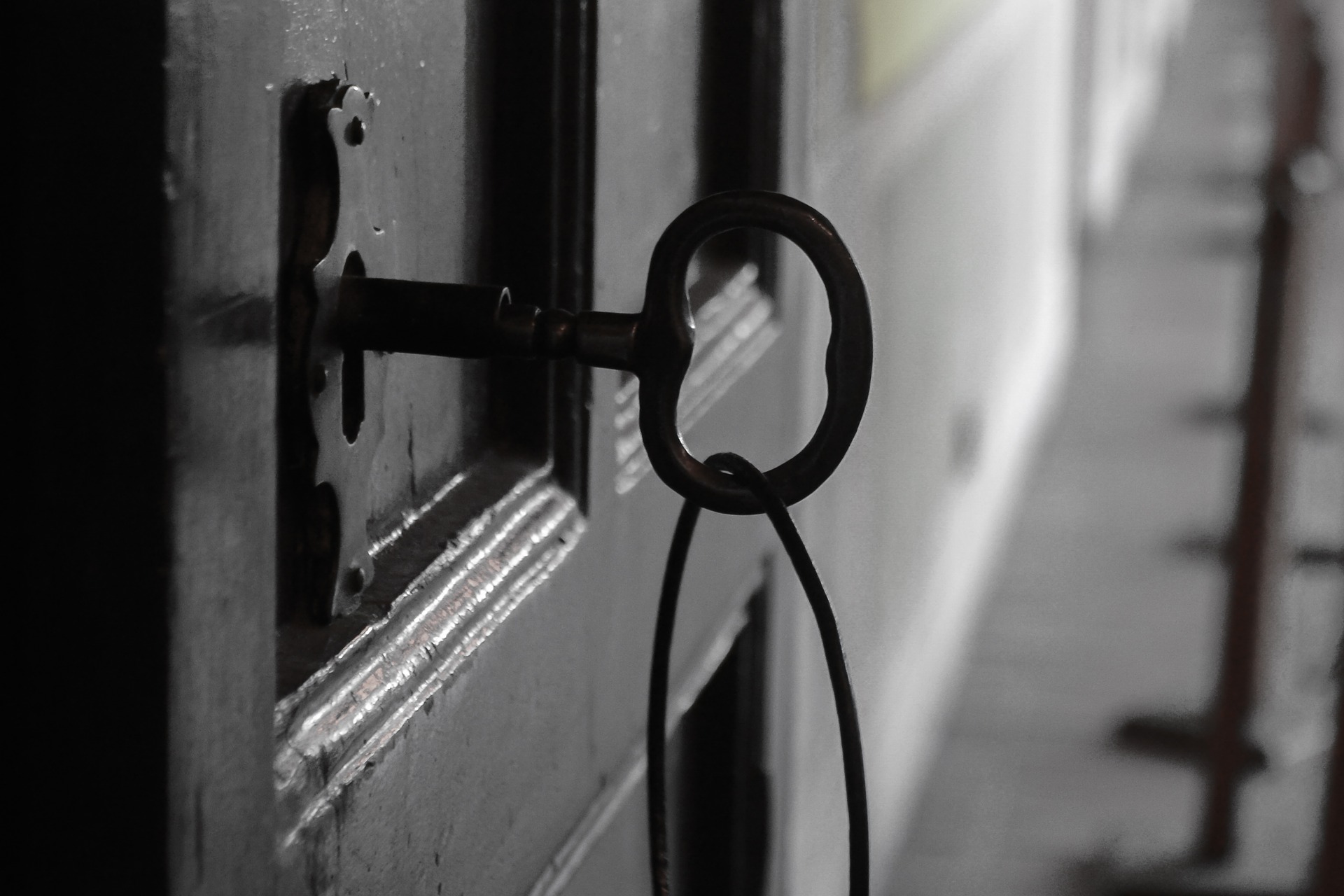In their article Unlocking Student Engagement: Creation, Adaptation, and Application of an Educational Escape Room Across Three Pharmacy Campuses Heidi Eukel, Jeanne Frenzel, Kyle Frazier, and Micah Miller provide an example of using escape rooms for teaching. The team assembled an educational escape room to increase knowledge of diabetes management for the participating pharmaceutical students.
The diabetes escape room, as the researchers called it, was successfully implemented at three different universities across the United States, with a total of over 300 students participating. The escape room consisted of five puzzles, the four first ones giving the clues to solving the final puzzle, which when solved would grant access to a lifesaving treatment for an imaginary patient. In order to solve the puzzles students had to demonstrate diabetes–related treatment and management skills, such as using an insulin pen and performing a diabetic foot exam.
The students competed in groups of five a 75-minute time limit. After a successful escape, a debriefing was held to let students reflect on what was learned. The research team notes that the students were applying the knowledge they already had, rather than learning entirely new subjects, as they had received traditional education on the subject nine months prior.
Earlier research has shown that escape rooms can be used in support of traditional education to promote student engagement. The researchers note that pharmacists play a vital role in educating patients on diabetes management, and thus need hands-on learning experiences in the subject in question.
Overall, the research team concluded that educational escape rooms are positively received by students and meet their pedagogical requirements and goals. Budgeting wasn’t an issue as the diabetes escape room cost only 100 $ to assemble. Also, when implementing the escape room on the other campuses it was found that the concept was adaptable and transferable, even for use in other courses.
The photo is taken from Pixabay.
